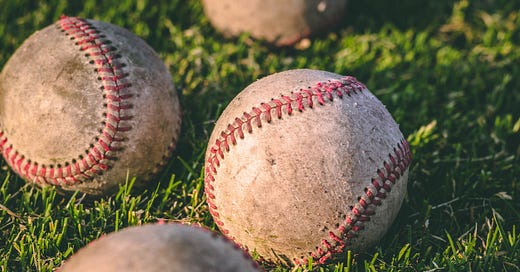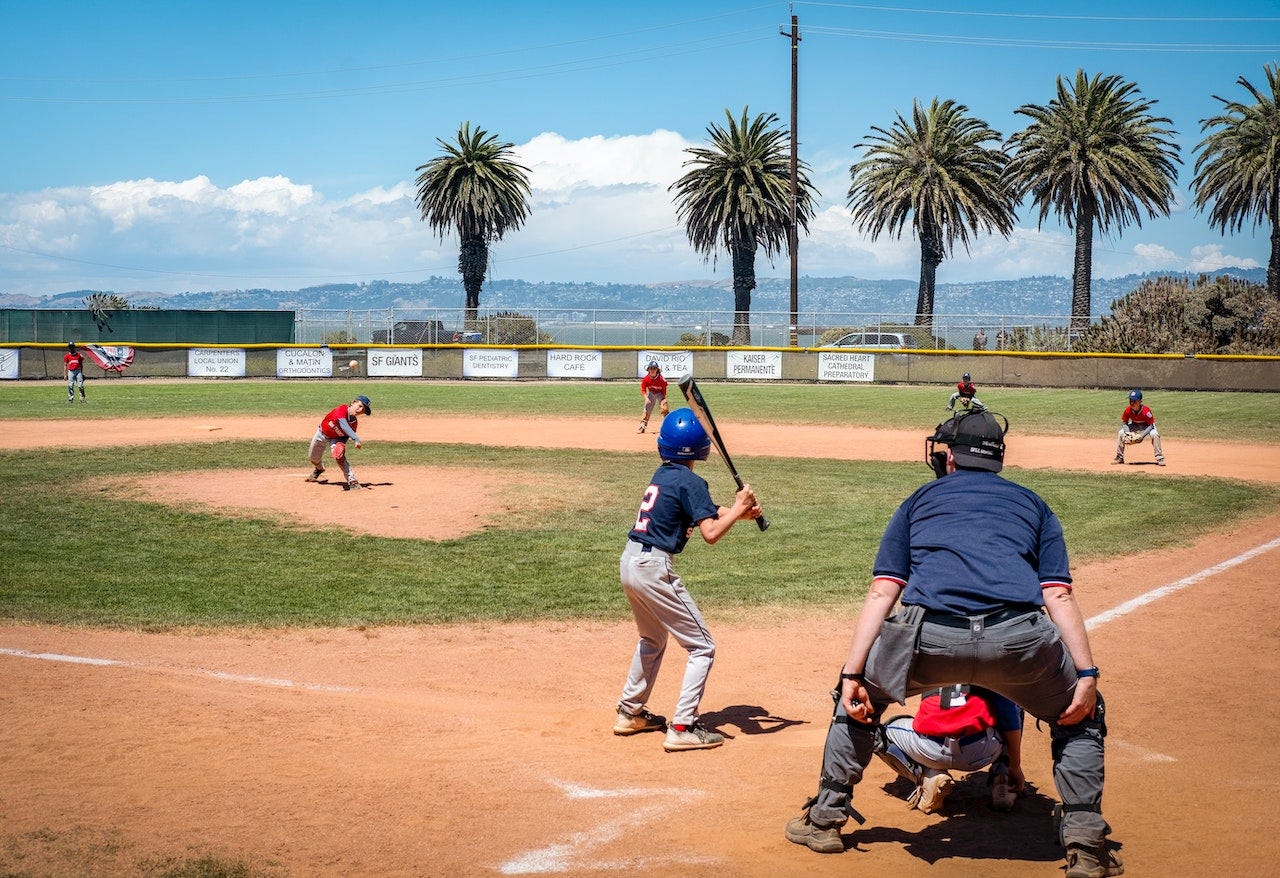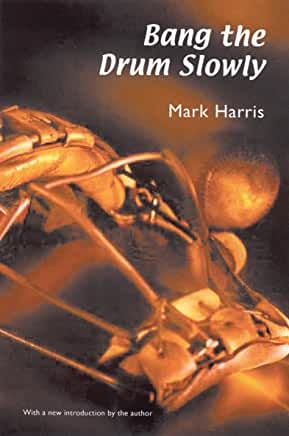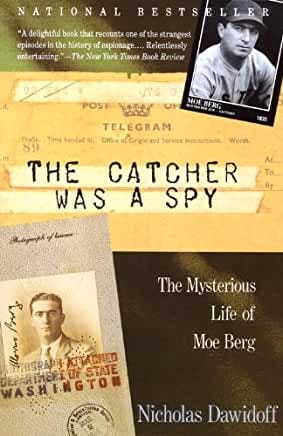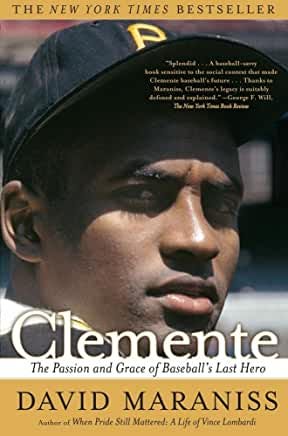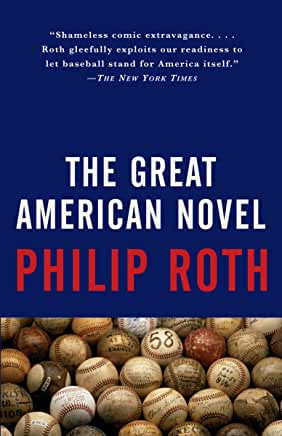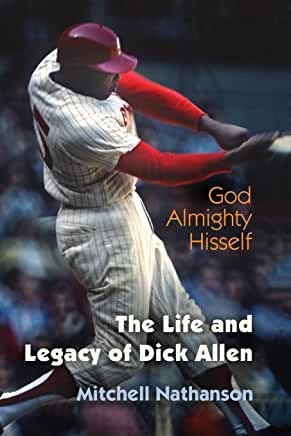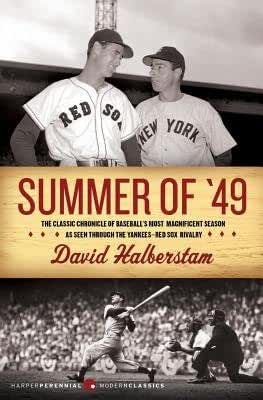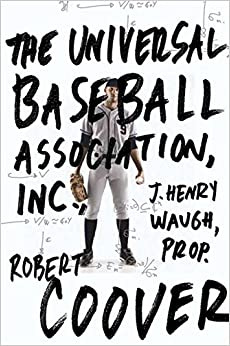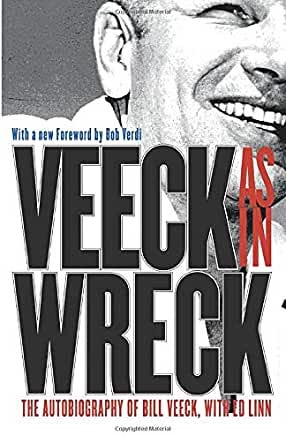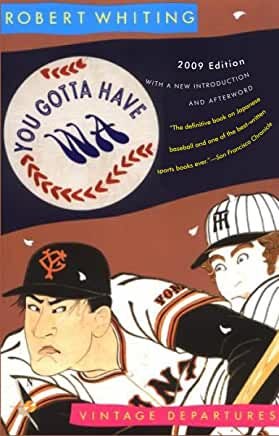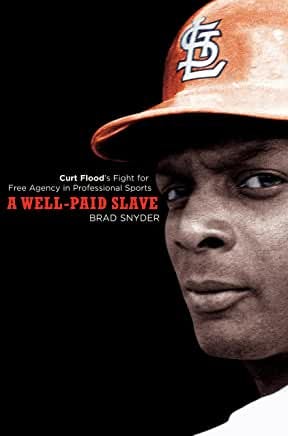Favorite Baseball Books
plus a reconsideration of Songs: Ohia's The Magnolia Electric Co. album, an interview with Lamya H., new music from the Antlers, an excerpt from Maryse Condé’s new novel, and more
Regardless of the calendar, spring begins when Major League Baseball players report to Florida and Arizona. First pitchers and catchers, then the rest of the team. The air is filled with potential. Prospects are on their way to the Hall of Fame, veterans are preparing for farewell tours, backups are preparing for their breakout year.
When I was young, baseball consumed me. One of the neighbors on our one-way street of rowhouses was a former minor leaguer before becoming a steelworker (baseball didn’t pay the bills back then). He tried out for the Philadelphia Athletics after high school with his friend, future Hall of Famer Nellie Fox. To youngsters like me (and many adults), he was an icon. Mr. Baker had been retired for years, spending most days on his porch, listening to news radio. If the Phillies were playing, he was outside with a cup of coffee or tea, absorbed in the game as it crackled to life through the AM signal on his transistor radio. “Baseball is a game meant to be heard, to be imagined. Television ruins the magic,” he told us repeatedly.
After playing stickball or stepball or wireball in the street, imagining myself every major league star, I would stop by Mr. Baker’s stoop to get the score of the game. He always invited me up to his porch to have a seat and discuss the game and The Game. His knowledge overwhelmed me. When to throw to the cutoff man. What pitches to expect. How to set up to field a ground ball. I knew his experience would rub off and I would be a star in Little League the next year.
Unfortunately, stardom wasn’t in my future. In games, I was ecstatic when I just made contact or stopped the ball from flying past me in the field. For a couple more years I hoped I would still be the Phillies starting shortstop on opening day in the future, a mercuric late bloomer. Some days that’s still a dream…
These days I am less interested in baseball games and more in the culture and history of the game. In 2004, I shared a list of my favorite baseball books. Below is an updated list.
Largehearted Boy’s Favorite Baseball Books
Bang The Drum Slowly by Mark Harris
If you have only seen the movie (my favorite baseball film, by far), you are in for a treat when you read the book.
The Bill James Historical Baseball Abstract, by Bill James
Bill James was a leader in the statistical analysis of baseball, and his theories have taken hold in the evaluation and valuation of both players and modern strategy.
The Catcher Was A Spy: The Mysterious Life Of Moe Berg by Nicholas Dawidoff
Major league catcher Moe Berg was a riddle wrapped in an enigma. A Princeton graduate with a Columbia law degree, Berg played 15 major league seasons, spied in World War II for the OSS and was a mystery to almost everyone during his lifetime. This book tries to open his life to the world
.
Clemente: The Passion and Grace of Baseball's Last Hero by David Maraniss
Pulitzer Prize-winner David Maraniss’s biography of Roberto Clemente’s life is as much about Clemente the humanitarian as baseball player, a vivid portrayal of a valuable life.
The Great American Novel by Philip Roth
For years, I read this book every spring. Roth’s wartime baseball farce is equal parts satire and comedy, and one of the funniest books I have ever read.
God Almighty Hisself: The Life and Legacy of Dick Allen by Mitchell Nathanson
Dick Allen was a complex individual, and Mitchell Nathanson’s biography explores his important place in baseball’s desegregation and equality process.
Summer of '49 by David Halberstam
Chronicling the 1949 pennant race between the Yankees and Red Sox, Halberstam profiles of the titans of the day, Joe Dimaggio and Ted Williams and also postwar America.
The Universal Baseball Association, Inc. by Robert Coover
This amazing novel follows a clerk and his fascination with his dice-based baseball simulation. Eventually the lines between reality and fantasy begin to blur, and that's where the novel takes off. I particularly enjoyed this book because I played baseball board games as a kid. My brother and I would eagerly await each year's shipment of APBA (then Strat-O-Matic) cards, and draft our own teams for our own leagues.
Veeck As In Wreck: The Autobiography of Bill Veeck by Bill Veeck
Baseball's master showman shares his history.
You Gotta Have Wa by Robert Whiting
Superficially, this book examines Japanese baseball and its differences with the American game, but it actually transcends that and examines both Japanese and American culture.
A Well-Paid Slave: Curt Flood's Fight for Free Agency in Professional Sports by Brad Snyder
Curt Flood changed sports forever by challenging baseball’s reserve clause and eventually giving players the right to change teams through free agency. Brad Smith’s biography examines both the man and his legacy. Bonus fact: When Curt Flood didn’t report to the Philles after he was traded, the team eventually received my favorite player of all time (Willie Montanez).
Largehearted Likes
Jennifer Finney Boylan on Jimmy Carter’s effect on her life
When the Carter presidency began I was an 18-year-old Rockefeller Republican. By the time it ended, I was so liberal my own grandmother called me a Communist.
Suede’s cover of Patti Smith’s “Because the Night”
New music from Bar Italia’s forthcoming album
Stereogum’s reconsideration of one of my favorite albums, Songs: Ohia’s The Magnolia Electric Co.
From start to finish, The Magnolia Electric Co. is triumphantly bleak. Leaning into a drawl that likely traces back to his parents’ roots in West Virginia, Molina bellows vividly, with a sort of defeated resolve, about heartbreak and alienation and despair. There’s a desperation in his voice that goes beyond performance, from his blunt opening utterance “The whole place is dark!” to the climactic moment when he howls, “Hold on, Magnolia/ I think it’s almost time!”Songs Ohia: “Farewell Transmission” (see above)
Baseball spring training
A new season, and all dreams of championships and fame are renewed. Especially for Phillies fans.
'It's Always Sunny in Philadelphia' Might Be the Wordiest Show on TV
Puzzle game help site WordFinderX recently looked at the spoken-words-per-minute ratio of several popular television series to find out which might be the most verbose. As The Wrap reports, the site gathered English language subtitles for the most recent season of several series, then divided their totals by the typical episode length. That formula put Sunny at 176.2 words per minute (wpm) and well ahead of “talky” sitcoms like Friends (112 wpm) or Seinfeld (111.6 wpm), though it’s not far off from Brooklyn Nine-Nine’s 174.6 wpm.Atlanta’s “Cop City” and the Vital Fight for Urban Forests
…the sense of the urgency of saving the forest, reflected in the protesters’ disruptive tactics, is one that all Americans should share. Urban forests must be defended because they benefit all of us.The Art of the Shadow: How Painters Have Gotten It Wrong for Centuries
A fascinating exploration into our mind’s perception versus the physicality of shadows.
They set out to save rainforests — and stumbled upon a way to help prevent the world’s next deadly pandemic.
Researchers have shown that deforestation can drive outbreaks by bringing people closer to wildlife, which can shed dangerous viruses. Scientists found these dynamics can explain several recent outbreaks of Ebola, including the largest one nearly a decade ago in Guinea, which scientists believe started after a toddler played in a tree that was home to a large colony of bats.
Largehearted Links
Kazuo Ishiguro on screenwriting, Kurosawa, and being nominated for an Oscar
"What's important is... are the stories being told well, are they being told honestly, do they resort to emotional manipulation or do they actually contain something you could call some version of the truth about the way we live."
Ishiguro answered Vanity Fair’s Proust questionnaire
What is your most treasured possession? My 1986 Martin HD28 acoustic guitar, despite its two big cracks and a top string that always buzzes.
Lidia Yuknavitch on her philosophy of teaching
I started a writing center, not a school, more like a shoal. Corporeal Writing was born from a shift in the definitions of what writing might mean. My creative labor today has become helping other people find their own edges, their own lines of flight, fissure, portal, becoming. I was interested in writing in community, which is different than “group work” or a “writing group.” Corporeal Writing was born from a willingness to imagine writers as a plurality and writing as a network of potentialities, reinvigorating the rooms we enter together.An Open Letter To The Next Generation Of Artists – by Herbie Hancock and Wayne Shorter
While it’s true that the issues facing the world are complex, the answer to peace is simple; it begins with you. You don’t have to be living in a third world country or working for an NGO to make a difference. Each of us has a unique mission. We are all pieces in a giant, fluid puzzle, where the smallest of actions by one puzzle piece profoundly affects each of the others. You matter, your actions matter, your art matters.Madelaine Lucas’s interview with Francesca Giacco
Referencing a song, to me, is like quoting poetry—it’s another way to add texture and resonance to the story, and a shortcut to revealing something about the characters.An excerpt from Maryse Condé’s new novel The Gospel According to the New World
Rage is so omnipresent in my life and generative rage can be so powerful in moving towards justice. It felt natural to me that so many of the characters in the Quran would feel rage, women especially—at their lives, at the circumstances that they found themselves in, just like I’ve felt so much rage at the circumstances I’ve found myself in. I find rage to be a useful tool for writing, building, and organizing—and it’s definitely something I draw upon for energy.
Last Week’s LHB Feature Posts
Claire Wahmanholm’s Playlist for Her Poetry Collection Meltwater
Gerardo Sámano Córdova’s Playlist for His Novel Monstrilio
Ciera Horton McElroy’s Playlist for Her Novel Atomic Family
J.A. Tyler’s Playlist for His Novel Only and Ever This
J K Chukwu’s Playlist for Her Novel The Unfortunates
Lance Olsen’s Playlist for His Novel Always Crashing in the Same Car
Madelaine Lucas’s Playlist for Her Novel Thirst For Salt
Mason Boyles’s Playlist for His Novel Bark On

